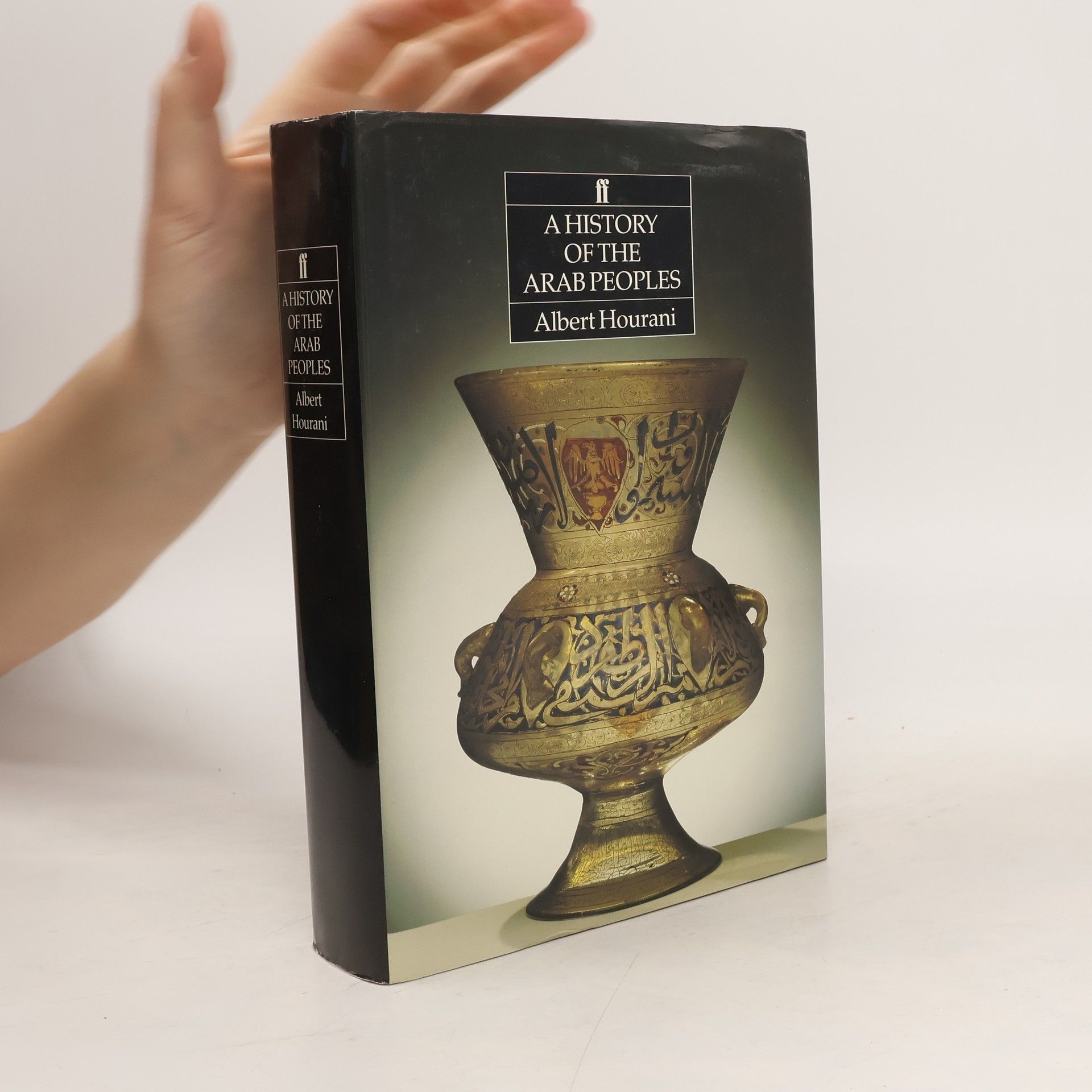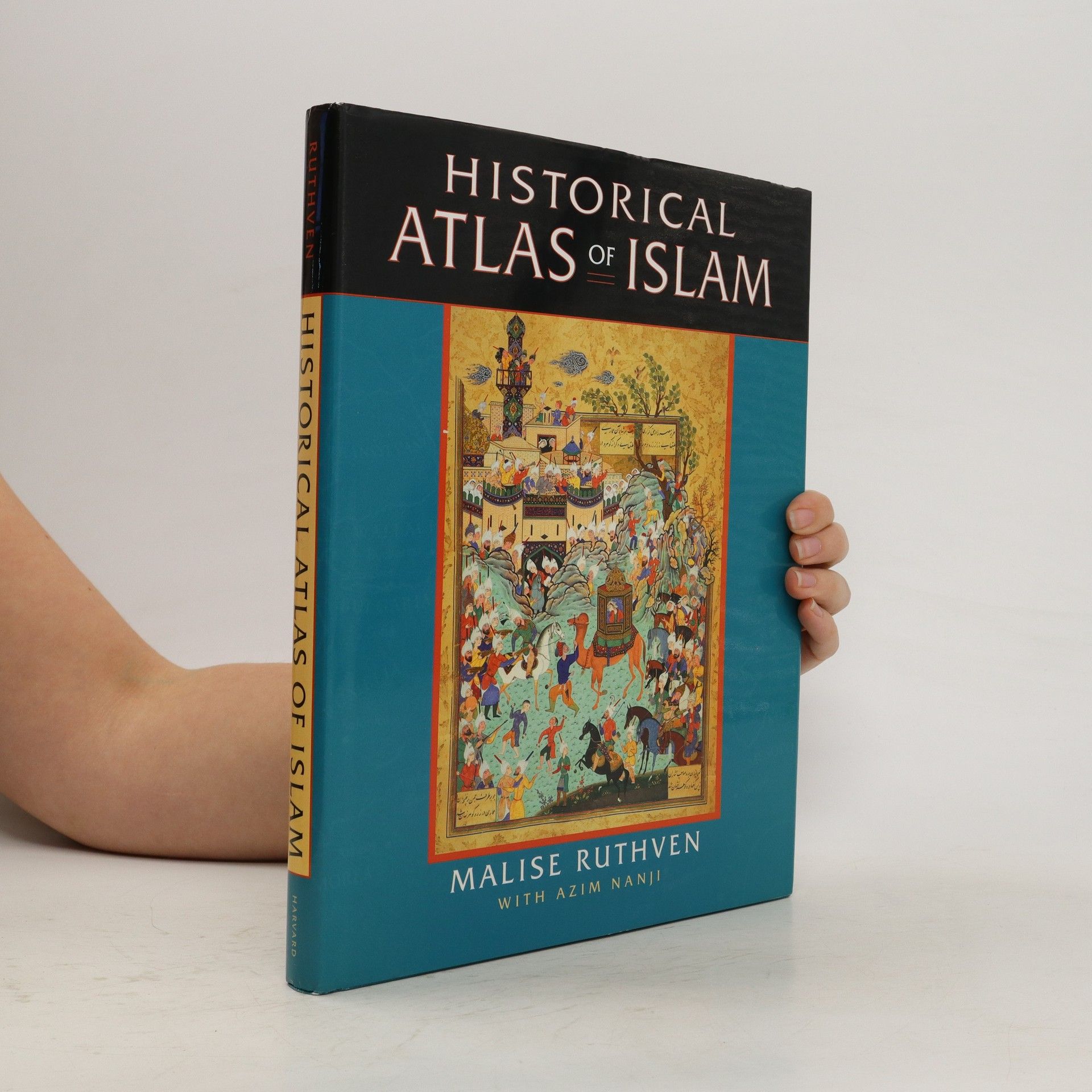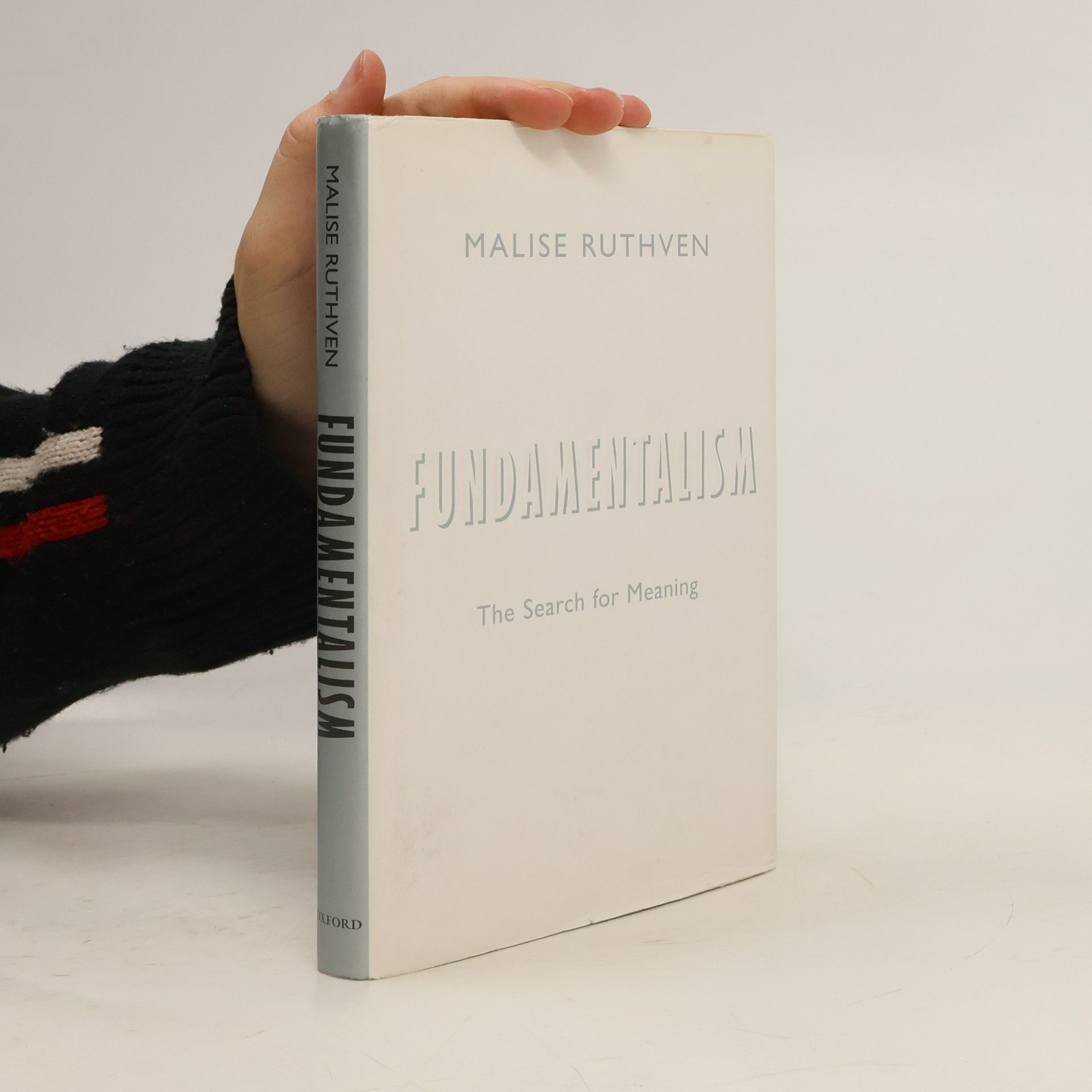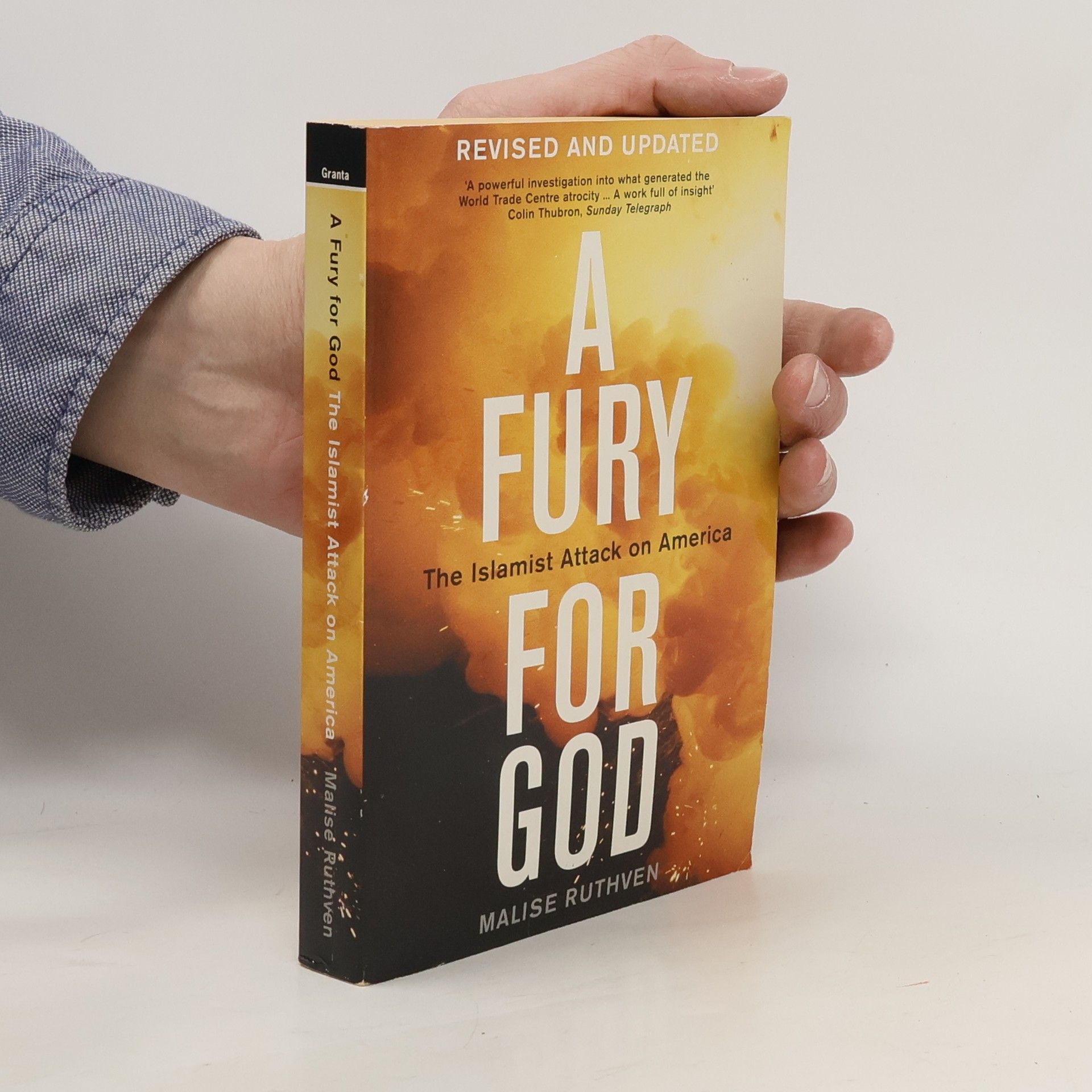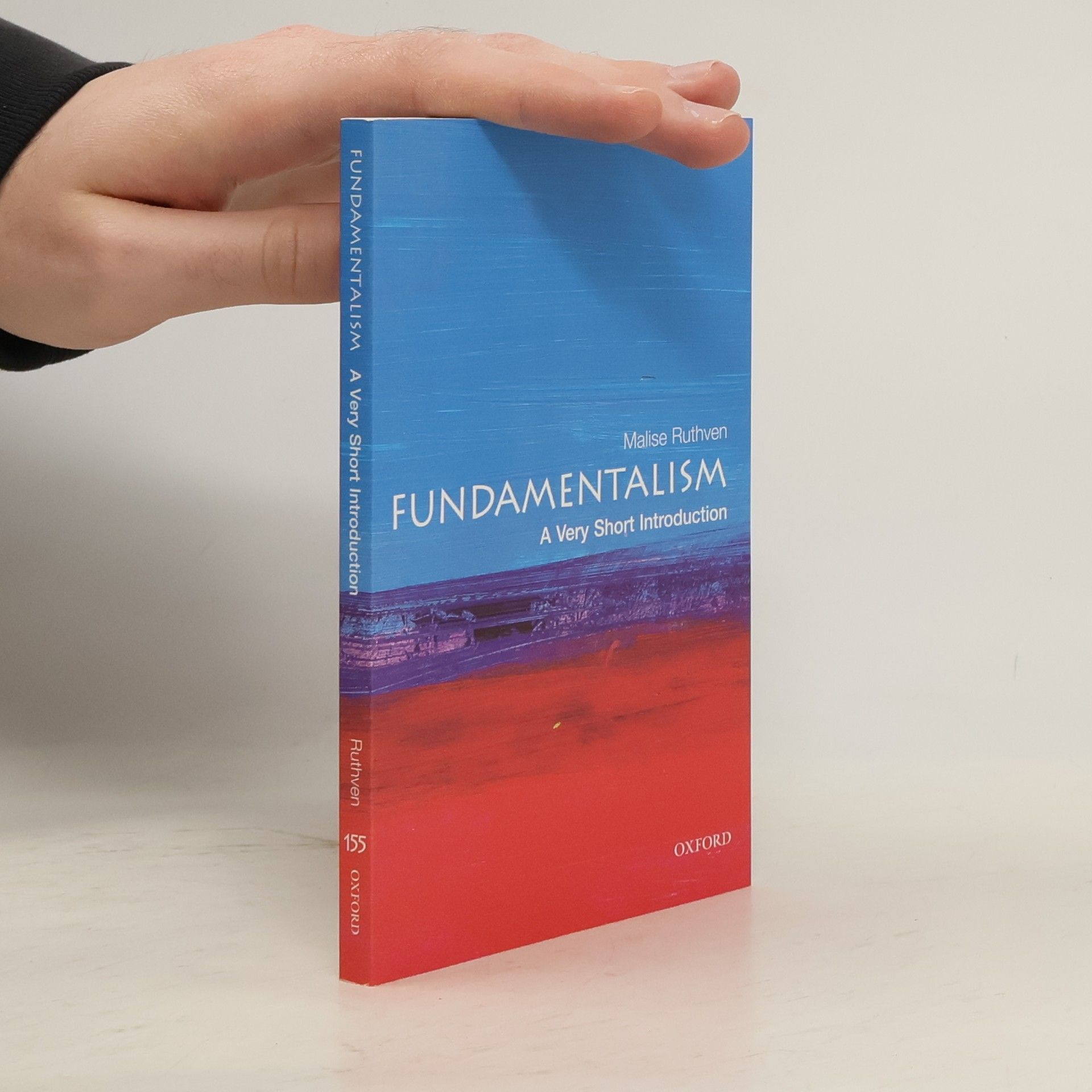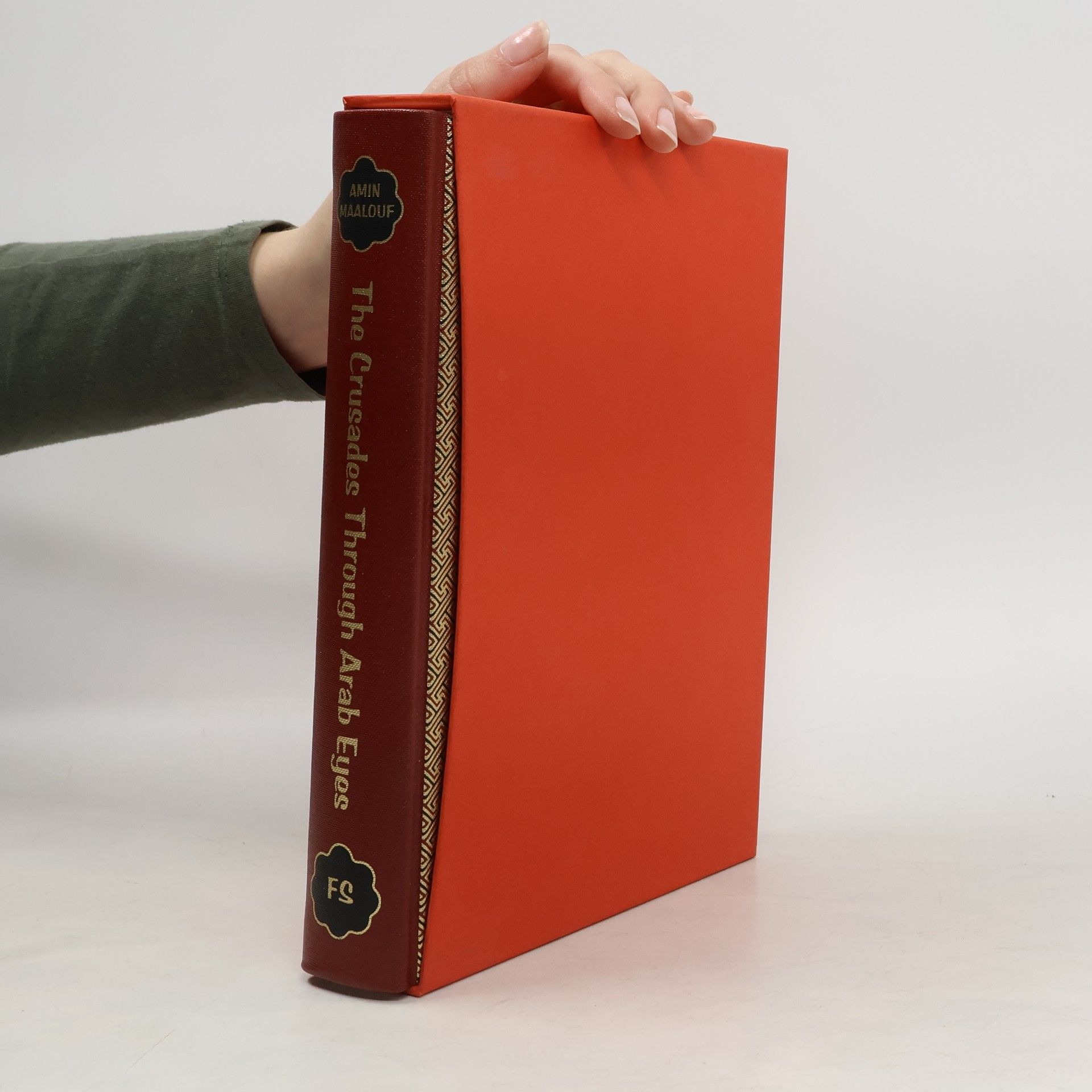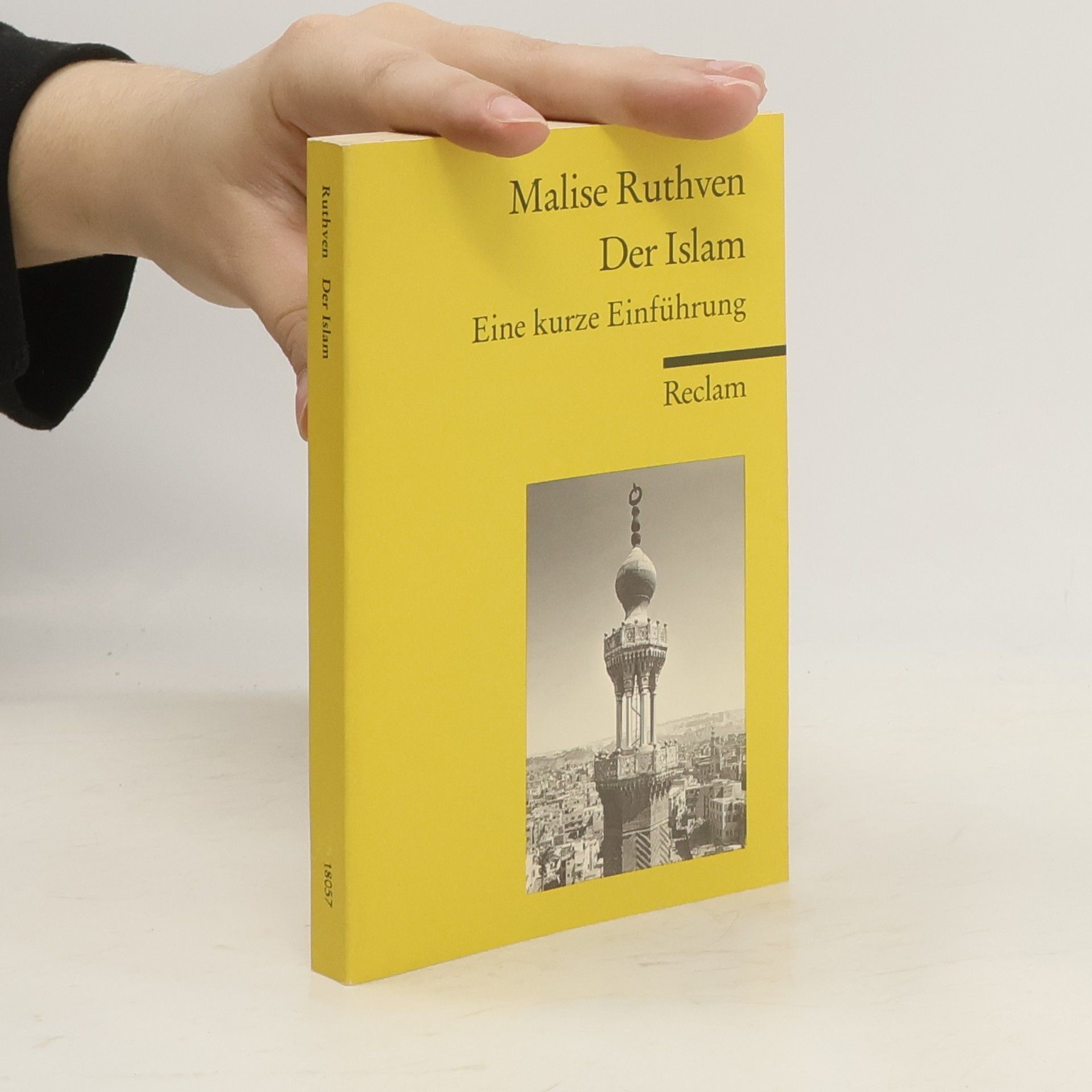Historical Atlas of the Islamic World
- 208 pages
- 8 hours of reading
There is significant interest in the Islamic world today, especially following the September 2001 attacks and subsequent wars in Afghanistan and Iraq. Many in the West view 'Islamic Fundamentalism' as a major threat to global peace. While not all scholars agree on a 'Clash of Civilizations' between Islam and the West, the distinct evolution of these cultures is widely acknowledged. A comprehensive understanding of contemporary Islam necessitates a historical perspective. Malise Ruthven, a noted author and commentator on Islam, offers this perspective in a thoroughly researched and well-written format. The Historical Atlas of the Islamic World is concise, accessible, and authoritative, covering the period from pre-Islamic late antiquity to the present, including recent emigration patterns and the independence of post-Soviet Muslim states in Central Asia. The atlas features maps designed to illustrate shifting frontiers and population densities, alongside historical maps of changing boundaries, trade routes, and the rise and fall of dynasties and religious sects. Accompanying essays explore various themes across Muslim-majority regions, addressing topics such as Shari'a, philosophy, architecture, trade, family life, and the impact of European domination and Islamic political movements.

